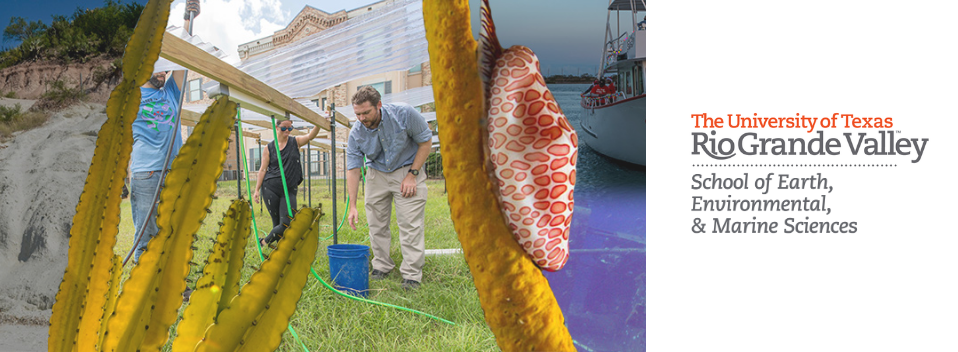
School of Earth, Environmental, & Marine Sciences Faculty Publications
Document Type
Article
Publication Date
9-2023
Abstract
Highlights
-
Advances of SIP-based techniques/applications are comprehensively reviewed.
-
Varying stable isotopes types/numbers/ positions reinforce biodegradation studies.
-
SIP identifies microbes capable of co-metabolic degradation of contaminants.
-
Single-cell SIP.and qSIP are promising to overcome cross-feeding effects.
Abstract
Stable isotope probing (SIP) is a powerful tool to study microbial community structure and function in both nature and engineered environments. Coupling with advanced genomics and other techniques, SIP studies have generated substantial information to allow researchers to draw a clearer picture of what is occurring in complex microbial ecosystems. This review provides an overview of the advances of SIP-based technologies over time, summarizes the status of SIP applications to contaminant biodegradation, provides critical perspectives on ecological interactions within the community, and important factors (controllable and non-controllable) to be considered in SIP experimental designs and data interpretation. Current trend and perspectives of adapting SIP techniques for environmental applications are also discussed.
Recommended Citation
Kim, Jinha, Myung Hwangbo, Chih-Hsuan Shih, and Kung-Hui Chu. 2023. “Advances and Perspectives of Using Stable Isotope Probing (SIP)-Based Technologies in Contaminant Biodegradation.” Water Research X 20 (September): 100187. https://doi.org/10.1016/j.wroa.2023.100187.
Creative Commons License

This work is licensed under a Creative Commons Attribution-NonCommercial-No Derivative Works 4.0 International License.
Publication Title
Water Research X
DOI
10.1016/j.wroa.2023.100187


Comments
Under a Creative Commons license